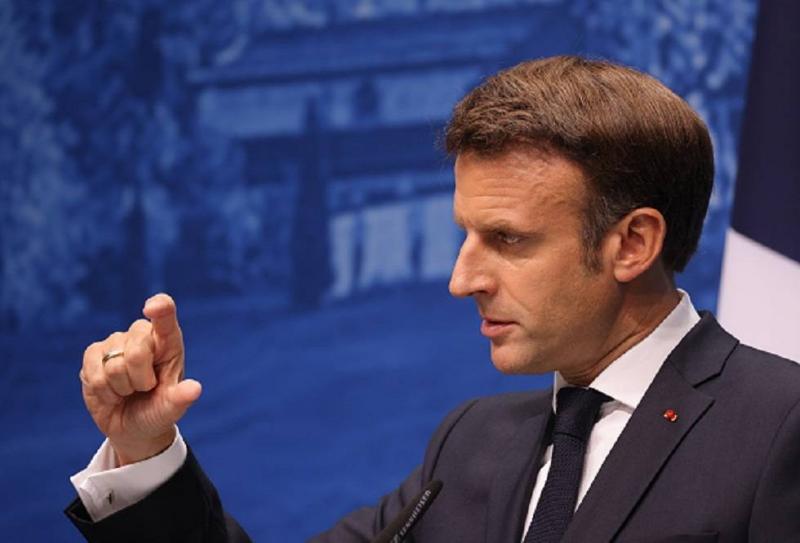It has become an accepted fact that a president is shaped by foreign influences, and this foreign realm has its own calculations. There have been numerous international occasions or regional meetings that have resulted in promises to Lebanon to help it out of its predicament, yet the Lebanese crisis has been overlooked. Now, there is a new promise from French President Emmanuel Macron to hold a meeting in Paris after the New Year, attended by American and Arab representatives regarding Lebanon.
Following Macron's recent statements highlighting the negative role of Iran, some circles fear that he may modify his stance after Hezbollah initiated the handing over of the individual who appears to have shot at Irish soldiers, resulting in one death and three injuries. This act is seen as an attempt by the party to deflect blame and support the narrative that the incident was spontaneous, rather than a premeditated ambush, as believed by the international forces’ leadership.
Returning to the latest local dialogue sessions, which involved a meeting between the President of the Progressive Socialist Party, Walid Jumblatt, and the leader of the Free Patriotic Movement, MP Gebran Bassil, sources noted that Bassil was the one who insisted on the meeting through a mutual friend, Jouy Pierre Al-Daher, who is Jumblatt's son-in-law. This insistence occurred during a period of conflict between him and his ally Hezbollah, due to the latter's unofficial support for Sleiman Frangieh, the leader of the Marada Movement, as a presidential candidate. Bassil aimed to disturb the Lebanese Forces leader, Samir Geagea, particularly given the longstanding media controversy between Geagea and Al-Daher.
However, Jumblatt was keen on briefing Geagea about the meeting prior to it taking place, by sending MP Wael Abu Faour, a member of the Democratic Gathering, to Maarab, and also keeping MP candidate Michel Moawad informed.
Regarding the content of the meeting, reports indicate that two main issues were discussed: the election of a president and an extension for senior officers. In both subjects, the positions of the two parties remained divergent. On the presidential issue, each side presented its position, as well as regarding the extension of certain officers and the promotion of others. Bassil mentioned that his stance is not aimed at obstructing the extension of the Chief of Staff and the Inspector General, but rather based on a principle of not extending any mandates for anyone in state administrations and public institutions.




